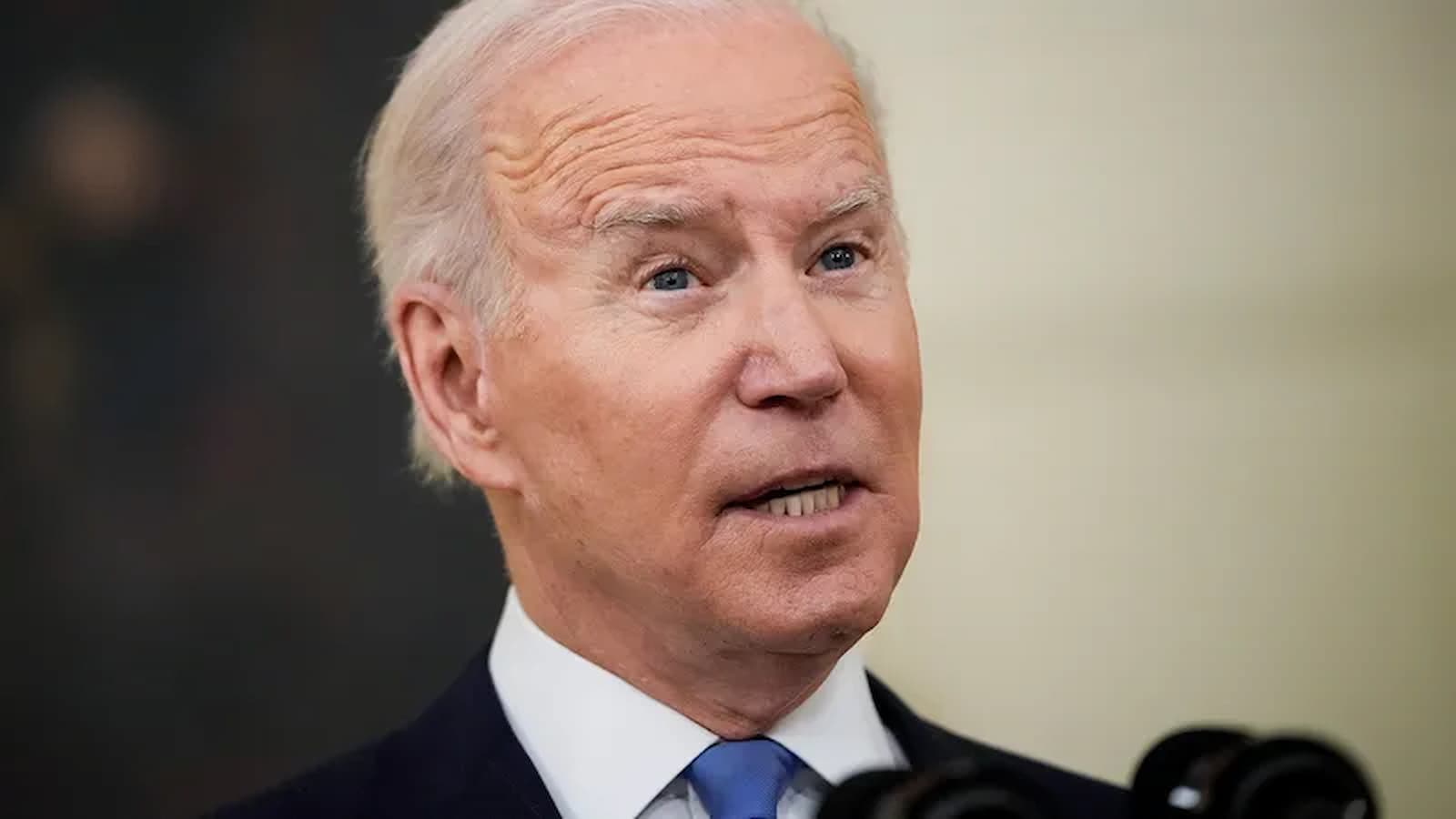Joe Biden on Taiwan China: In the case of a Chinese invasion, US President Joe Biden has not ruled out the use of military force to defend Taiwan. According to an ANI report, Biden clarified his stance on Taiwan’s defense in an interview that was published in Time magazine on Tuesday. He emphasized the differences between various forms of military deployment.
The use of US military force is not ruled out. In an exclusive interview with ANI at the White House on May 28, he stated, “There’s a distinction between deploying on the ground, air power, and naval power.”
In keeping with Washington’s long-standing agreement with Beijing, Biden added that he had informed Chinese President Xi Jinping that the US would not pursue Taiwan’s independence. He did, however, reiterate that Taiwan’s defense capabilities would continue to receive US support. “We will continue to supply capacity [to Taiwan] if China attempts to change the status quo unilaterally,” he declared. According to ANI, he said, “We’ve been in consultation with our allies in the region.”
Indian Air Force Su-30MKI Aircraft Crashes in Nashik, Maharashtra
In response to a question on whether US military strikes would come from its facilities in the Philippines or Japan in the case of a conflict, Biden said, “I can’t get into that.” If I told you then you would be right to criticize me.”
Director of the US Central Intelligence Agency William Burns was also quoted in the Time piece. Burns disclosed that Xi gave his troops orders to prepare an invasion of Taiwan by 2027. Despite Biden and Xi’s recent agreement to defuse tensions over Taiwan, hostilities between the US and China have remained strong.
Beijing views Taiwan’s new president, Lai Ching-te, as a separatist
Beijing views Lai Ching-te, Taiwan’s incoming president, as a “separatist” who is in favor of Taiwan’s independence. China carried out military drills surrounding Taiwan shortly after Lai Ching-te was sworn in on May 20, which it referred to as “punishment” for separatist activities. After Lai’s inaugural speech, during which he urged Beijing to cease bullying Taiwan, these drills took place.
Taiwan and the United States have informal connections and the island receives armaments from the US so that it can protect itself. Speaking to Time magazine about China’s economic situation, Biden asked, “Where is it coming from? In what location will it grow? There, you have an economy that is about to collapse. the notion that business is growing there? Please give me a moment.”
Additionally, Biden denounced China’s Belt and Road program, calling it an “initiative for nuisance graveyards.” To preserve US leadership in the world community, he emphasized the significance of bolstering ties with developing nations and extending collaboration with allies in Europe and Asia.
Five Powers Countries Plan Bigger, Deeper Asia advanced military Drills
Shin Won-sik of South Korea, Kihara Minoru of Japan, and Lloyd J. Austin of the US Department of Defense all spoke during a trilateral ministerial meeting on June 2 in Singapore, calling for a peaceful resolution to cross-strait issues. The officials reaffirmed their countries’ positions on Taiwan. The need for regional peace for global security and development was emphasized.
On the fringes of the Shangri-La Dialogue, Austin also had a face-to-face meeting with his Chinese counterpart, Dong Jun, which was the first time the defense chiefs of the two nations had spoken since November 2022. Regarding China’s “provocative” military actions close to Taiwan, Austin voiced worries.
In the meantime, the US House Appropriations Committee on Monday introduced a bill to increase Taiwan’s deterrence across the Taiwan Strait by providing 500 million USD in foreign military financing. According to the committee’s report published in Focus Taiwan, the Fiscal Year 2025 State, Foreign Operations, and Related Programs Bill also aims to provide Taiwan with up to USD 2 billion in loans and credit guarantees for the same reason.



